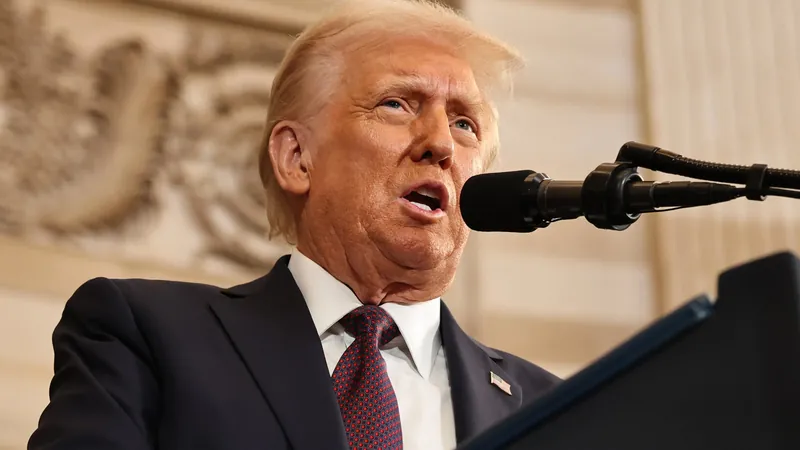
Trump Sparks Controversy with 'Two Genders' Declaration During Inauguration Speech
2025-01-20
Author: Emma
Trump Sparks Controversy with 'Two Genders' Declaration During Inauguration Speech
In a shocking inauguration speech on Monday, Donald Trump, now the 47th president of the United States, made headlines by declaring that the government will officially recognize only two genders moving forward: male and female. This announcement has ignited a heated debate across social media platforms, splitting opinions along partisan lines.
The inauguration, which was held indoors due to freezing temperatures in Washington D.C., began with the traditional swearing-in ceremony at the Capitol Rotunda. However, Trump’s address set the stage for controversy, reminiscent of his previous polarizing statements during his first presidency.
Among the bold promises made during his speech, Trump proclaimed a plan to change the name of the Gulf of Mexico to the Gulf of America, which drew laughter and disbelief from political observers. But it was his comments regarding gender that drew immediate backlash and fervent support online.
A statement from a White House official explained that under the new policy, official documents would reflect only two genders, effectively nullifying the previous recognition of a third gender, such as that indicated by an "X" on U.S. passports. This move is expected to have significant implications for the LGBTQ+ community, particularly for transgender individuals.
"What we're doing today is defining that it is the policy of the United States to recognize two sexes: male and female," the official stated, adding that this policy shift will affect a wide range of federal operations.
Trump's expected executive order will dictate that federal facilities—including prisons and shelters for survivors of violence—will adhere to this binary classification, which many advocates argue could endanger the well-being of transgender individuals in vulnerable situations.
Moreover, the newly proposed directives would eliminate existing requirements for government officials and workplaces to use preferred pronouns for transgender employees, a move Trump's team claims upholds the First Amendment rights of free speech and religious expression.
In an effort to reshape government funding priorities, the speech also highlighted Trump’s intentions to reassess and ultimately cut federal support for diversity, equity, and inclusion (DEI) initiatives. The administration plans to conduct monthly evaluations of these programs, leading to potential widespread rollbacks of policies aimed at fostering workplace inclusion.
This radical shift in policy has incited a firestorm of reactions online, from fiery protests and calls for justice from LGBTQ+ advocates to vociferous approval from Trump’s base, signaling a divisive chapter in American political discourse.
As the nation grapples with these contentious issues, one thing is clear: Donald Trump’s inaugural address has reignited a national conversation about gender identity, rights, and the role of government in personal definitions of self—an ongoing debate that will likely unfold in the months to come.


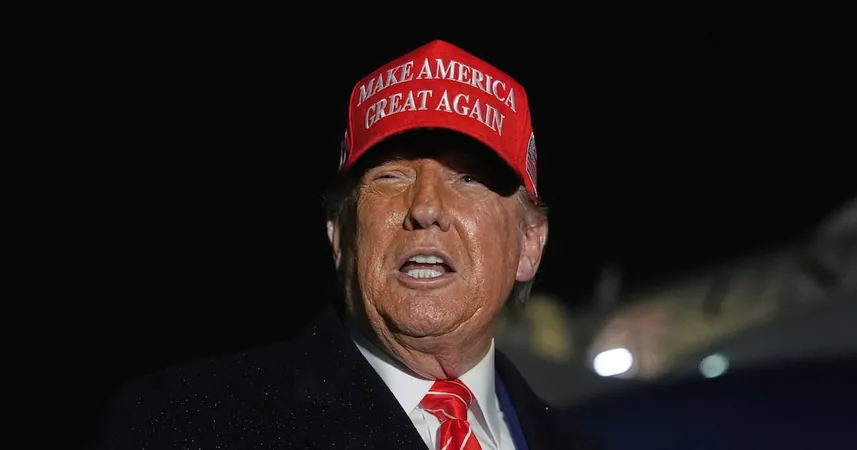

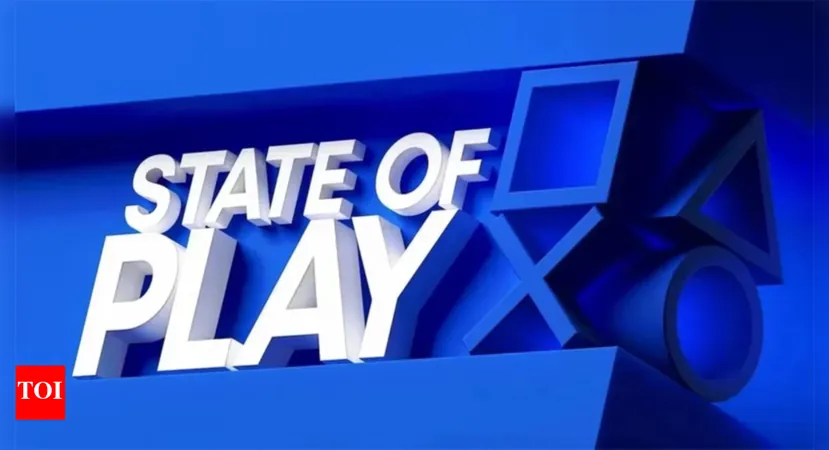
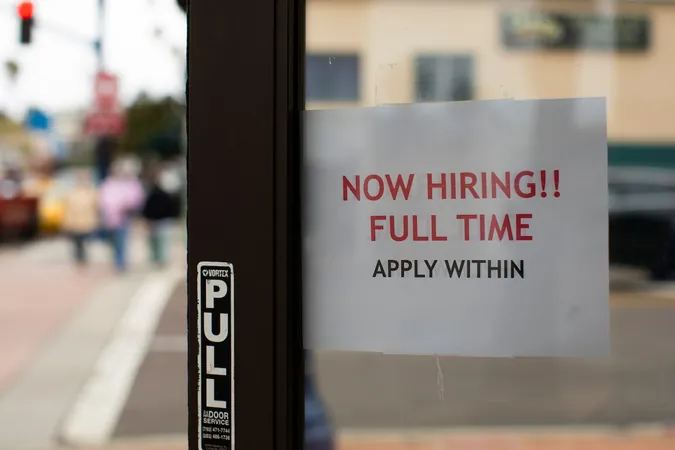


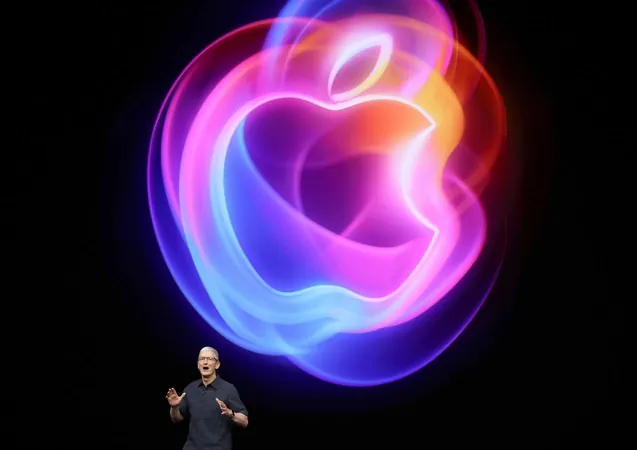
 Brasil (PT)
Brasil (PT)
 Canada (EN)
Canada (EN)
 Chile (ES)
Chile (ES)
 Česko (CS)
Česko (CS)
 대한민국 (KO)
대한민국 (KO)
 España (ES)
España (ES)
 France (FR)
France (FR)
 Hong Kong (EN)
Hong Kong (EN)
 Italia (IT)
Italia (IT)
 日本 (JA)
日本 (JA)
 Magyarország (HU)
Magyarország (HU)
 Norge (NO)
Norge (NO)
 Polska (PL)
Polska (PL)
 Schweiz (DE)
Schweiz (DE)
 Singapore (EN)
Singapore (EN)
 Sverige (SV)
Sverige (SV)
 Suomi (FI)
Suomi (FI)
 Türkiye (TR)
Türkiye (TR)
 الإمارات العربية المتحدة (AR)
الإمارات العربية المتحدة (AR)